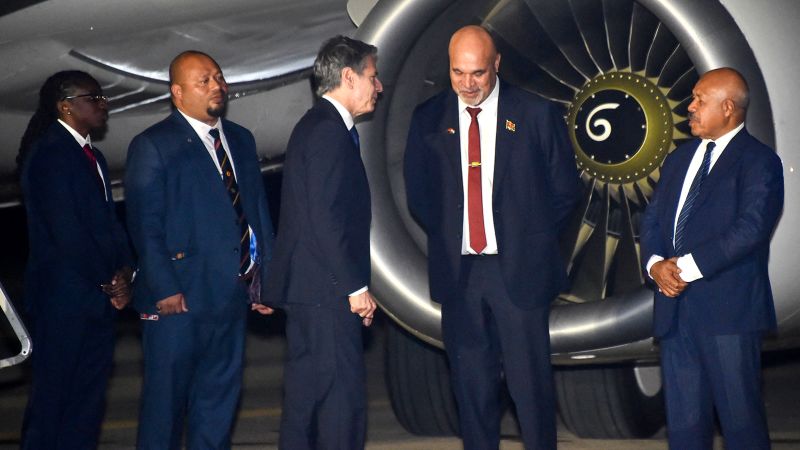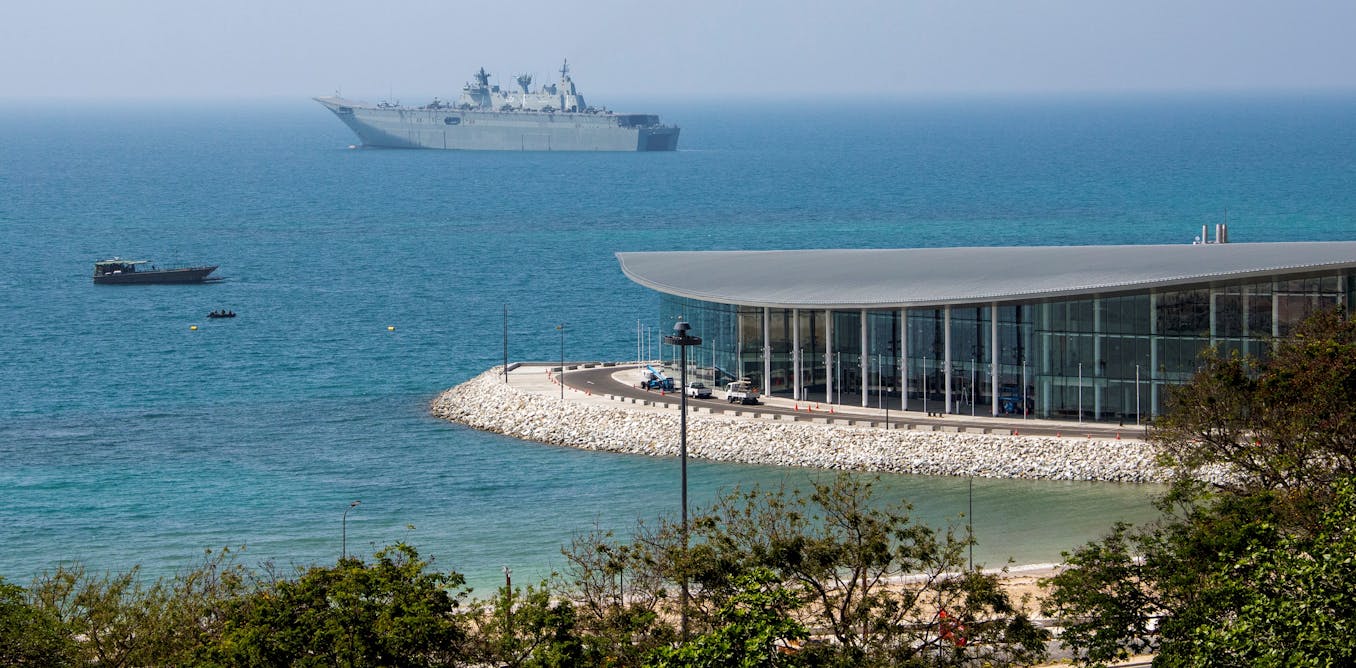
Beijing and New Delhi have virtually wiped out mutual media access, deepening a rift between the two most populous nations.

www.wsj.com
China, India Kick Out Nearly All of Each Other’s Journalists as Rivalry Escalates
Rift that opened with deadly border clash deepens as neighbors deny reporter visas
Keith ZhaiMay 30, 2023 at 11:24 am ET
SINGAPORE—India and China have ejected each other’s journalists in recent weeks, virtually wiping out mutual media access and deepening a rift between the world’s two most populous nations.
New Delhi denied visa renewals this month to the last two remaining Chinese state media journalists in the country, from state-run Xinhua News Agency and China Central Television, according to people familiar with the matter.
Indian media outlets had four remaining journalists based in China at the beginning of the year. At least two of them haven’t been granted visas to return to the country, a Chinese official said. A third was told this month that his accreditation had been revoked but he remains in the country, people familiar with the matter said.
The reciprocal moves are likely to add to acrimony between the two neighbors, whose relationship has deteriorated since a deadly brawl on the contested Sino-Indian border in June 2020. Since then, a once-warming relationship between the two members of the so-called Brics grouping of emerging powers has grown testy, spilling over into a wide-ranging bilateral dispute.
5:29
0:00 / 5:33
China has been the most populous nation in the world since at least 1750. But in April, India’s population is set to surpass China’s. WSJ examines what this shift in population could mean for the future of each country, as well as the global economy. Photo illustration: Jacob Anderson Nelson/WSJ
India has shifted toward more active participation in the Quadrilateral Security Dialogue, the U.S.-led grouping known as the Quad that also includes Australia and Japan, and which China regards as an attempt to encircle and contain it.
Ties between New Delhi and Beijing have soured in other ways. India has banned dozens of Chinese mobile apps, including TikTok, WeChat and other global hits with roots in China, effectively locking them out of the fast-growing Indian market.
In recent months, China has renamed certain features in the Indian state of Arunachal Pradesh, which Beijing claims almost in its entirety and calls South Tibet.
China boycotted a Group of 20 working group meeting on tourism after India, as host, decided to hold the meeting this month in the territory of Kashmir. The region has been at the center of a dispute between India and Pakistan since partition in 1947, with both countries claiming it in full but only controlling parts of it. China’s territorial disputes with India include the abutting strategic area of Ladakh.
The journalist ejections add another dimension to the fraying ties between China and India, reducing exchanges and visibility between two nuclear-armed neighbors whose combined population accounts for more than one-third of the world’s total.
“The presence of more journalists from China in India would help to bridge the gap between the two countries and foster a deeper understanding of each other’s cultures and perspectives,” said Wang Zichen, a former Chinese state media reporter who now works as a research fellow at the Center for China and Globalization, a Beijing think tank. “This, in turn, could lead to a reduction in hostility and a more peaceful resolution to the border dispute.”
Journalist accreditation has risen in prominence as a geopolitical issue in recent years, as governments increasingly regard members of the press as extensions of their home countries’ foreign policies. In early 2020, China expelled more than a dozen American reporters, including for The Wall Street Journal, while the U.S. capped the number of accreditations for Chinese journalists. All of Australia’s foreign correspondents left China later that year amid escalating tensions between the two countries.
A record number of journalists were imprisoned in 2022, the New York-based Committee to Protect Journalists said last month. In March, Russia detained Wall Street Journal reporter Evan Gershkovich on an allegation of espionage that the Journal and the U.S. government vehemently deny.
The moves by China and India to virtually freeze out the other side show how quickly ties can deteriorate.
Advertisement - Scroll to Continue
The last two remaining Chinese state media journalists have departed the country following the expiration of their visas, according to people familiar with the matter. There are now no remaining Chinese state media reporters in India, some of them said, likely for the first time since at least the 1980s.
China has likewise denied credentials for Indian journalists. Last month, reporters for the Hindu, one of India’s largest newspapers, and Prasar Bharati, New Delhi’s state-owned public broadcaster, who were traveling outside China, were barred from returning, while a reporter for the Hindustan Times was told this month that his press credentials were being invalidated, according to people familiar with the matter.
Chinese Foreign Ministry spokeswoman Mao Ning last month described the barring of the Hindu and Prasar Bharati reporters as “appropriate countermeasures to safeguard the legitimate rights and interests of Chinese media organizations” after India began tightening its rules on Chinese journalists beginning in 2017, including reducing some visa periods to just one month. The spokeswoman mentioned at the time that two other Indian outlets still had journalists in China. A spokesman for India’s Embassy in Beijing didn’t respond to requests for comment.
A spokesman for India’s Ministry of External Affairs declined to discuss the details of visas for individual journalists. He pointed to April comments in which he had said Chinese journalists continue to work in India and the government hoped China would allow Indian journalists to work there.
Over the years, India has increasingly limited the duration of stay for Chinese journalists. In 2016, India refused to extend visas for three Xinhua journalists, including its then-bureau chief in New Delhi, according to the Committee to Protect Journalists.
In December, a Chinese state television reporter was unexpectedly ordered to leave India within 10 days, despite holding a valid visa, and given no explanation, China’s Foreign Ministry said in its statement this month. The spokesman for the Indian government didn’t respond to a question about this claim.
The dispute over journalists reflects the depth of the chill that has been cast over bilateral relations since the border clash in June 2020. India’s Foreign Minister, S. Jaishankar, has said relations can’t return to normal until there is peace along the shared border.
“The ball is in China’s court,” said Srikanth Kondapalli, a professor of international relations at Jawaharlal Nehru University in New Delhi. “If they want relations to be improved, they have to vacate the land that they occupied.”
Krishna Pokharel in New Delhi contributed to this article.
Write to Keith Zhai at
keith.zhai@wsj.com



/cloudfront-us-east-2.images.arcpublishing.com/reuters/TRCT4C443JN2TJ2BMHH3E7XIGU.jpg)










